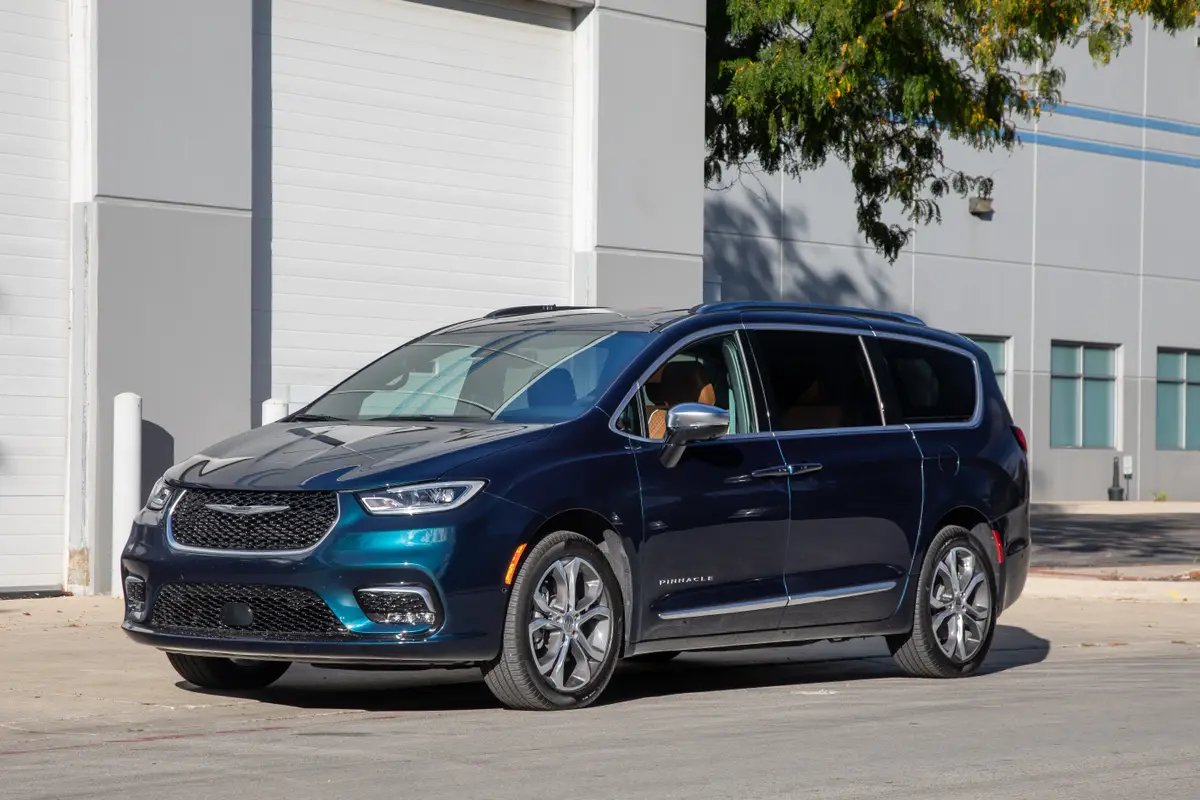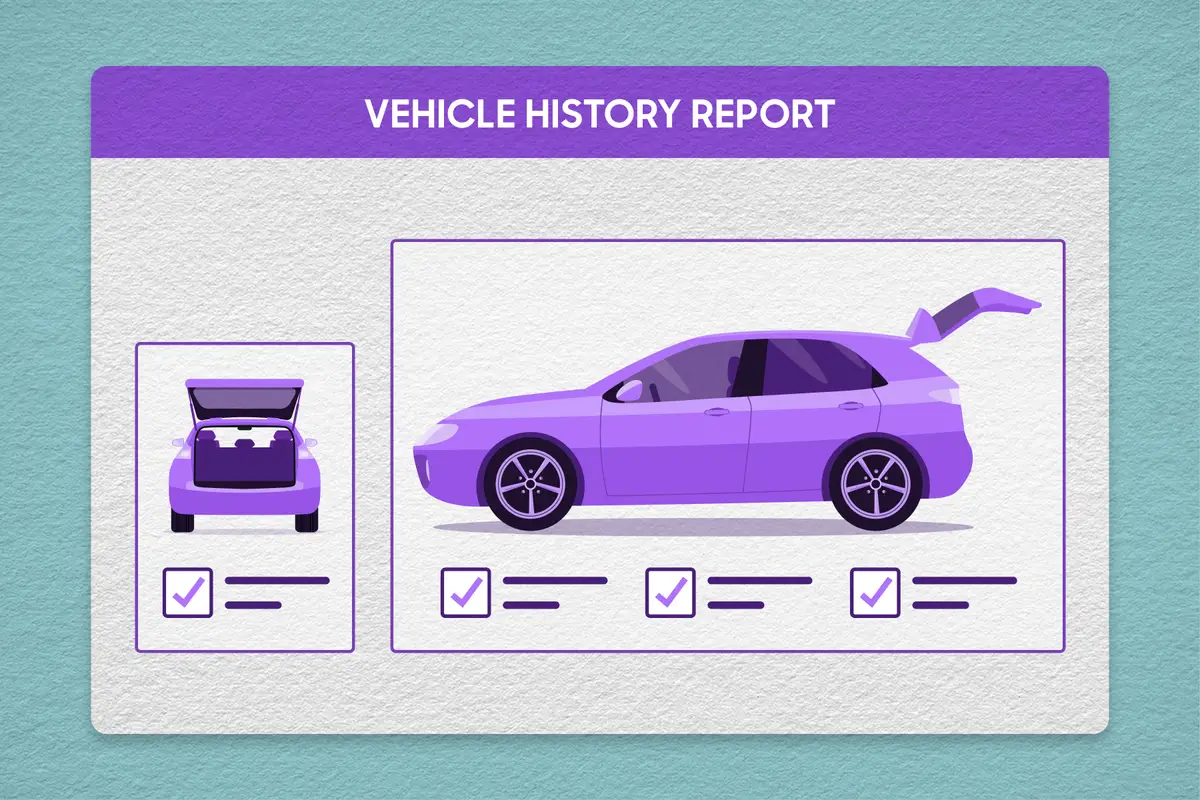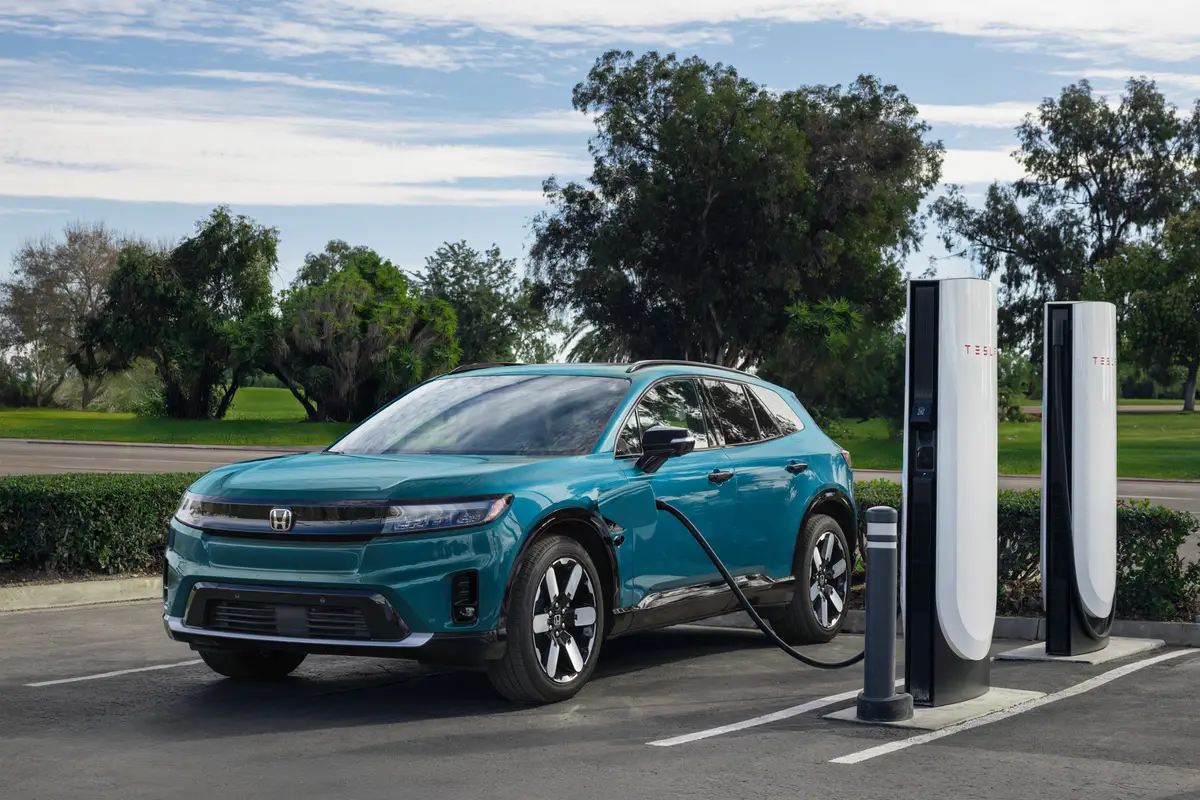Cars.com’s 2019 American-Made Index: What About the Least American Cars?


Cars.com’s 2019 American-Made Index, which ranks cars sold in the U.S. by their homegrown nature, has long shown that the badge on the hood doesn’t necessarily tell the full story. In a Cars.com survey conducted in June 2019, two-thirds of motorists indicated that it’s somewhat or very important that the car they buy contributes “substantially” to the U.S. economy, and 72 percent quantified that to mean assembly in the U.S., an automaker headquartered here or both.
Related: Cars.com’s 2019 American-Made Index: What’s the Most American Car?
But the brand or factory doesn’t always seal the deal. With thousands of parts and third-party supply lines spanning the globe, the calculus behind what makes a car especially American involves more than the factory and manufacturer’s HQ. Scores of cars built in the U.S., many of them from automakers headquartered here, have low domestic credentials nonetheless.
Here’s a sampling of cars built in America that aren’t as American as you might think:
- The Subaru Outback is built in Lafayette, Ind., but the wagon has just 45 percent U.S. and Canadian content, with an engine and transmission from Japan. (U.S. and Canadian parts content, as well as engine and transmission countries of origin, are determined by the American Automobile Labeling Act.)
- GM builds its full-size SUVs — the Chevrolet Tahoe and Suburban, GMC Yukon and Yukon XL, and Cadillac Escalade and Escalade ESV — in the Dallas-Fort Worth area, with U.S. engines and transmissions. But the whole group has just 41 percent U.S. and Canadian content.
- The new Ford Ranger pickup truck is built near Detroit, but its engine hails from Mexico. U.S. and Canadian parts content is only 35 percent.
- The Volvo S60 hails from Ridgeville, S.C., but its drivetrain is thoroughly international: Engines come from Sweden and transmissions come from Japan. U.S. and Canadian content for the luxury sedan is 20 percent.
- The Chevrolet Bolt EV is built in Lake Orion, Mich., but with a drivetrain from South Korea, U.S. and Canadian content is 18 percent.
Scores of other models are built entirely abroad, including some from brands steeped in Americana. Ford builds the Fusion sedan and Fiesta subcompact in Mexico, while the Jeep Renegade SUV hails from Italy. The Chevrolet Silverado 1500 LD and GMC Sierra 1500 Limited, both carryover models from the prior generations, come from Canada.
The American-Made Index assigns proportionate reductions on index values for any nameplate with imported sales volumes, effectively disqualifying those built entirely abroad. And we should be clear: Foreign-based automakers tend to have more cars in that camp than their Michigan- or California-based rivals. (Honda is the lone exception, with domestic production for some two-thirds of the cars it sells in America.) The vast majority of cars sold in the U.S. from Toyota’s Lexus division and Nissan’s Infiniti division are built overseas. Audi, Jaguar, Land Rover, Mazda, Mitsubishi and Porsche build zero cars in America.
That’s not to say such brands support zero American jobs. A 2015 study by the Center for Automotive Research found the U.S. auto industry directly employed 322,000 people at the time, but another 521,000 worked building auto parts, while the largest group — new-car dealers — employed 710,000. Even absent any U.S. production or development, a car sold in the U.S. still supports the largest slice of the automotive jobs pie.
More From Cars.com:
- Cars.com’s 2019 American-Made Index: Which Cars are Built in the U.S.?
- Cars.com 2018 American-Made Index: What’s the Most American Car?
- The Cars.com 2017 American-Made Index
About 1 in 5 respondents in Cars.com surveys appear to recognize this, indicating that all cars can contribute substantially to the U.S. economy via dealerships, repair shops and other such jobs. Another 9 percent don’t care at all about economic contributions.
Cars.com’s Editorial department is your source for automotive news and reviews. In line with Cars.com’s long-standing ethics policy, editors and reviewers don’t accept gifts or free trips from automakers. The Editorial department is independent of Cars.com’s advertising, sales and sponsored content departments.

Former Assistant Managing Editor-News Kelsey Mays likes quality, reliability, safety and practicality. But he also likes a fair price.
Featured stories




